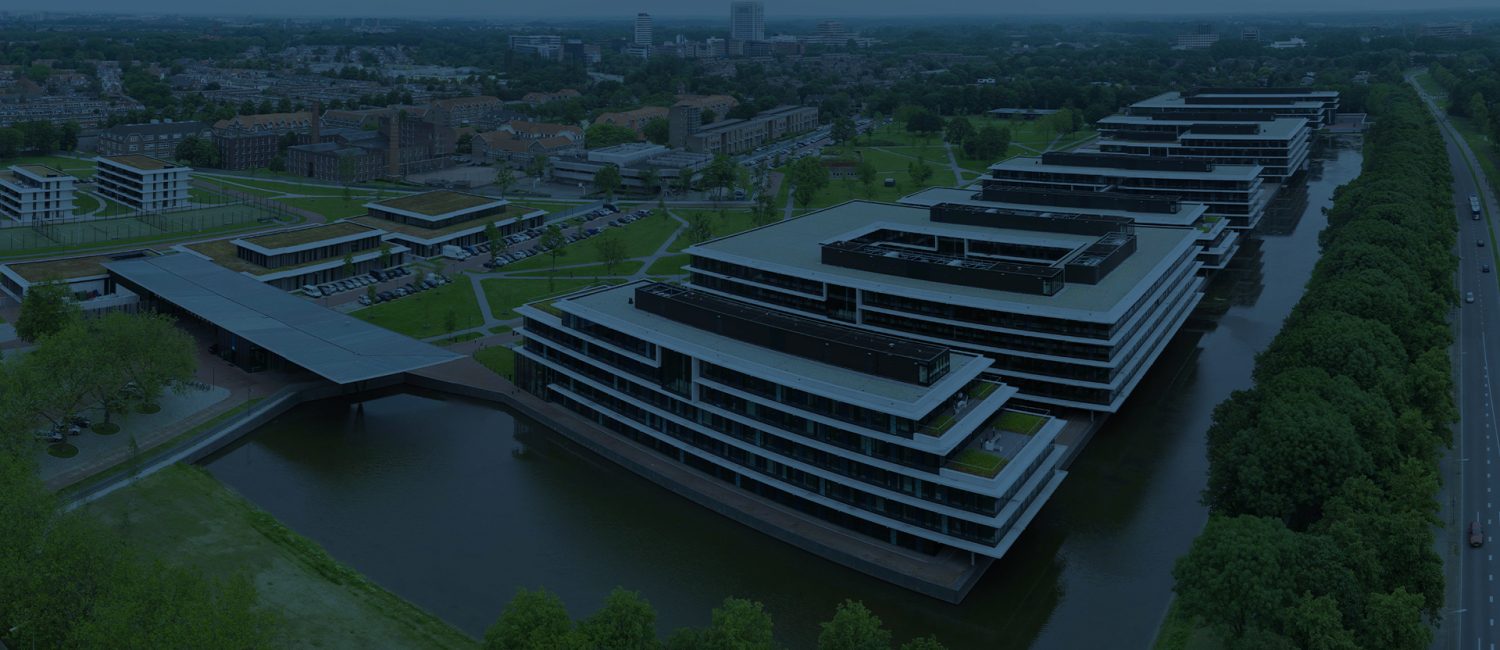NATO Centres of Excellence are nationally or multi-nationally funded institutions accredited by NATO. They train and educate leaders and specialists from NATO member and partner countries, assist in doctrine development, identify lessons learned, improve interoperability and capabilities, and test and validate concepts through experimentation. They offer recognized expertise and experience that is of benefit to the Alliance and support the transformation of NATO, while avoiding the duplication of assets, resources and capabilities already present within the NATO command structure.
Although not part of the NATO command structure, they are part of a wider framework supporting NATO Command Arrangements. Designed to complement the Alliance’s current resources, Centres of Excellence cover a wide variety of areas, with each one focusing on a specific field of expertise to enhance NATO capabilities. The overall responsibility for Centres of Excellence coordination and utilization within NATO lies with Allied Command Transformation, in co-ordination with the Supreme Allied Commander Europe.
Allied Command Transformation is in charge of the establishment, accreditation, preparation of candidates for approval, and periodic assessments of the centres. The establishment of a Centre of Excellence is a straightforward procedure. Normally, one or more members decide to establish a Centre of Excellence. The idea then moves into the concept development phase. During this phase the “Framework Nation” or “Nations” fleshes out the concept to Allied Command Transformation by providing information such as the area of specialization, the location of the potential Centre of Excellence and how it will support NATO transformation.
Once Allied Command Transformation approves the concept, the Centre of Excellence and any NATO country that wishes to participate in the Centre of Excellence’s activities then negotiate two Memoranda of Understanding: a Functional Memorandum of Understanding, which governs the relationship between Centres of Excellence and the Alliance and an Operational Memorandum of Understanding, which governs the relationship between participating countries and the Centre of Excellence. Once participating countries agree to and sign the Memorandum of Understanding, the Centre of Excellence seeks accreditation from Allied Command Transformation.
The Alliance does not fund Centres of Excellence. Instead, they receive national or multinational support, with “Framework Nations”, “Sponsoring Nations” and “Contributing Nations” financing the operating costs of the institutions. Twenty-five Centres of Excellence have received NATO accreditation.
Role of the Centres of Excellence
The primary purpose of Centres of Excellence is to assist with transformation within the Alliance, while avoiding the duplication of assets, resources and capabilities already present within the NATO command structure. They generally specialize in one functional area and act as subject matter experts in their field of expertise. They distribute their in-depth knowledge through training, conferences, seminars, concepts, doctrine, lessons learned and papers.
In addition to giving NATO and partner country leaders and units the opportunity to augment their education and training, Centres of Excellence also help the Alliance to expand interoperability, increase capabilities, aid in the development of doctrine and standards, conduct analyses, evaluate lessons-learned and experiment in order to test and verify concepts.
Different types of participants
There are three different types of supporters for Centres of Excellence: “Framework Nations”, “Sponsoring Nations” and “Contributing Nations”. Generally, a Framework Nation agrees to take on the responsibility of developing the concept and implementation of the Centre of Excellence. In addition, it agrees to provide physical space for the operation of the Centre of Excellence, as well as personnel to run the institution. Sponsoring Nations contribute financially to the Centre of Excellence and provide personnel, whose salary they cover. Contributing Nations may provide financial support or some other service that is of use to the functioning of the Centre of Excellence.
Receiving NATO accreditation
All Centres of Excellence follow a set process to receive NATO accreditation. The Framework Nation or Nations submit a proposal for the Centre of Excellence, which Allied Command Transformation then considers. Next, the Framework Nation or Nations coordinate with Allied Command Transformation to further flesh out the proposal before sending the official offer to establish a Centre of Excellence to Supreme Allied Commander Transformation. If the proposal meets certain criteria, Allied Command Transformation formally welcomes the offer.
Afterwards, the Framework Nation or Nations further develop the concept, draft an Operational Memorandum of Understanding and present the Centre of Excellence offer to other countries. Those that are interested in joining the Centre of Excellence then engage in Memorandum of Understanding negotiations before agreeing to the terms of the Memorandum. For Centres of Excellence that did not have some sort of facility in place previously, the Centre of Excellence is physically established.
The Framework and Sponsoring nations must also coordinate, draft, negotiate and agree to a Functional Memorandum of Understanding with Allied Command Transformation. The Centre of Excellence then enters into the accreditation phase. Allied Command Transformation develops accreditation criteria, after which the Framework Nation or Nations request accreditation for the Centre of Excellence. A team from Allied Command Transformation then visits the Centre of Excellence and assesses it against the tailored list of points based on the Military Committee’s accreditation criteria for Centres of Excellence.
All Centres of Excellence must act as a catalyst for NATO transformation and open activities to all Alliance members. Centres of Excellence must not duplicate nor compete with current NATO capabilities, but instead offer an area of expertise not already found within the Organization. To this end, all Centres of Excellence must have subject matter experts in their field of specialization. Allied Command Transformation periodically re-assesses Centres of Excellence in order to ensure that they continue to meet those criteria and assure continued NATO accreditation status. Ultimately, the Military Committee and the North Atlantic Council must approve the initial accreditation of the Centre of Excellence.
How Does NATO request Centres of Excellence products and services?
Headquarters Supreme Allied Commander Transformation acts on behalf of Allied Command Transformation and Allied Command Operations as the strategic staff authority with overall responsibility for all Centres of Excellence and manages the Headquarters Supreme Allied Commander Transformation – Centre of Excellence staff level relationships. To request assistance from a NATO accredited Centre of Excellence, the requestor must forward a Request for Support using the “Request for Support” Tool which is available in the Centre of Excellence Community of Interest on Allied Command Transformation’s Transformation Network (TRANSNET) portal. Having been input via the Request for Support tool, the requests are prioritized before being submitted by NATO to each Centre of Excellence. The development of each Centre of Excellence’s Programme of Work is coordinated between the NATO requestors and each Centre of Excellence by Headquarters Supreme Allied Commander Transformation, and is the primary method for ensuring NATO Requests for Support are sent to the respective Centre of Excellence. The overall aim of this process is to optimize the use of the Centres of Excellence. The Centre of Excellence’s Steering Committees will be presented with all NATO’s received Requests for Support, alongside other requests sent independently to the Centre of Excellence by Sponsoring Nations or other entities, for final approval by the Steering Committee to become the Centre of Excellence’s following year’s Programme of Work.
TRANSNET Access
To foster collaboration and create an internet accessible forum for Communities of Interest to come together and share knowledge and expertise, NATO Allied Command Transformation hosts TRANSNET parallel to the two primary NATO business networks. Although only up to NATO UNCLASSIFIED information can be stored on TRANSNET, in order to safeguard this information, access is only granted to individuals from NATO, NATO nations’ Ministries of Defence / Departments of Defence, NATO Partners, Commercial / Industry entities and other that have a standing business case with NATO. Access to TRANSNET, via standard internet browsers, is also password protected, with the public facing portal providing a section to register and request access via an electronic form. In order to be accepted as an individual user, you need to provide accreditation information including a valid business email address (NATO country government agency, NATO Command Structure, NATO Force Structure). Commercial email accounts like Gmail, Yahoo, Hotmail or AOL will not be accepted. Only official military / government email addresses containing the requestor’s name will be accepted.
Accessing the Request for Support tool
Once registered in TRANSNET, users will first have to login before requesting access to the Centre of Excellence Community of Interest. This is achieved by selecting the large blue “Request Community Access” button and then selecting “Read-COE”. This is the standard access granted to all users noting that the “Write-COE” rights are reserved for Allied Command Transformation’s Centre of Excellence Branch members only. When using the Centre of Excellence Request for Support tool, to enable Allied Command Transformation Subject Matter Experts and Centre of Excellence members to provide comments or edit a Request for Support, they will need to be included in the commenters group. In order to be included in the commenters group, the applicants to the Centre of Excellence Community of Interest will need to mention this fact in their request for access to the Centre of Excellence Community of Interest. For further detailed information regarding the Centre of Excellence Programme of Work Request for Support tool please see the Request for Support handbook on TRANSNET.





